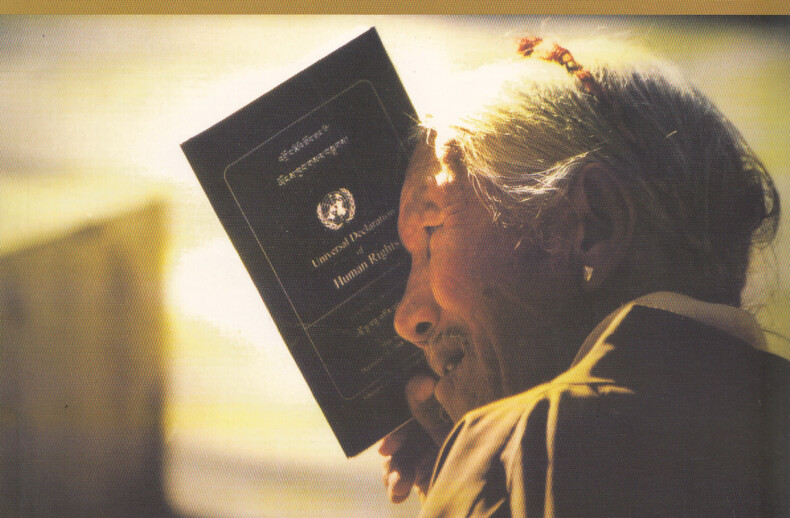 The Tibetan Centre for Human Rights and Democracy (TCHRD) received confirm information that Jampel Jangchub -member of the “Group of Ten”- has been freed around 7 March 2005. He was released after 16 years and four months imprisonment in Drapchi Prison. Jampelis now 43 years old and is reported to be suffering from heart and kidney ailments after years of torture and maltreatment in the prison.
The Tibetan Centre for Human Rights and Democracy (TCHRD) received confirm information that Jampel Jangchub -member of the “Group of Ten”- has been freed around 7 March 2005. He was released after 16 years and four months imprisonment in Drapchi Prison. Jampelis now 43 years old and is reported to be suffering from heart and kidney ailments after years of torture and maltreatment in the prison.
Background information
Jampel Jangchub was born in Toelung Dechen County to the south of Lhasa City, “Tibet Autonomous Region”(“TAR”). He attended an elementary school for three years and later helped in the family field work.




